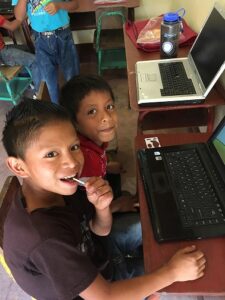Perimeter College is part of Georgia State University, a diverse, urban research university with five satellite campuses. The college is the major provider of associate degrees and student transfer opportunities in Georgia and a gateway to higher education, easing students entry into college-level study. As such, one of the college’s major missions is as a service institution especially to the neighborhoods surrounding each campus. Since joining Perimeter College, I have made exceptional strides in developing a few projects in the areas of service learning and student engagement. My initiatives were recently profiled in the Perimeter Post, the college’s monthly news publication.

In 2014 I started the South Dekalb Computer Cooperative (SDCC) to institute a growing venture that intends to extend its reach to the greater community around my home campus in Decatur, GA. The SDCC plans to become only the second computer cooperative in the United States. We are currently fixing ailing computers, mobile devices, and recycle e-waste at the college, providing free tech support and access to free computers for Perimeter students who are most in need. A key prerequisite is that students must volunteer time to the SDCC to receive donated/refurbished equipment. Students therefore develop an educational skill set in technology, to aid new students to fix and maintain their own computers or mobile devices. The SDCC currently has 15 student volunteers and four work-study assistants. We offer software support each semester Monday through Thursday. Friday’s are allotted for hardware issues. The SDCC recently collaborated with Prof. Pricilla Dodds Perimeter College Guatemala study abroad program. A group of her Computer Science students set up a computer lab in May 2016, for a remote elementary school in the highlands of Lake Atitlan. We solicited donations from Perimeter college students, faculty and staff. In the month of April, the SDCC refurbished nine laptops and installed educational software in Spanish for the project.
This social organizational model of community philanthropy is similar to and is influenced by the bicycle cooperative movement in this country and around the world. Bicycle cooperatives assist individuals who need bike repair and maintenance. They often sell refurbished bikes and offer bike repair advice and bike assembly classes. As an undergraduate at the University of Chicago I volunteered regularly at the Blackstone Bicycle Works, teaching youth on the Southside of Chicago how to build their own bicycles. I have seen firsthand how transformative the experience of communal learning can be. Knowledge in a cooperative environment is emancipatory. The greater good often is not the bike itself, but an experience akin to liberation for pupil and teacher.
I intend to continue research that will allow me to better plan and extend the SDCCs efforts into a greater community outreach program. This will benefit low-income students first and could be used as a model for later initiatives for needy families in the local Atlanta community. I am also looking forward to researching current models of technology run non-profit organizations to strengthen a project that is not only sustainable, but transformative. I foresee the need for a college run technology community center. The community center could provide free computer labs, technology repair, e-waste recycling, tech related work place training, and K-12 outreach programs. The SDCC is part of my long-term commitment to Perimeter College’s mission as an institution of access. This research will help foster a bridge in the digital divide in Atlanta and abroad.





